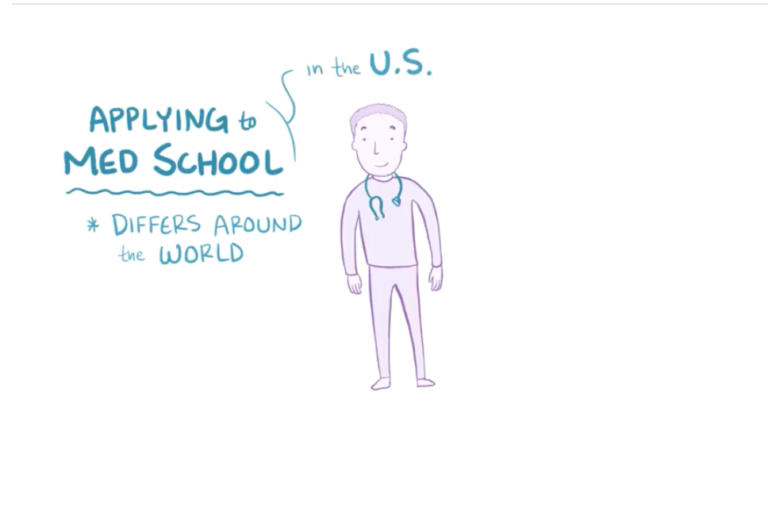
Preparing to Apply to Medical School
Wondering if a career as a doctor would be a good fit for you? Already ... Read more
Written by: Student Doctor Network
Published on: February 7, 2017
The path to becoming a physician is long and challenging, and being a pre-medical student is hard. Learn about what you need to do to get into medical school successfully.

Wondering if a career as a doctor would be a good fit for you? Already ... Read more
Written by: Student Doctor Network
Published on: February 7, 2017

Recently, I rounded out a full decade as a professional admissions consultant, assisting candidates with ... Read more
Written by: Michelle Finkel
Published on: January 16, 2017

Studying for the MCAT exam can be daunting, and chances are, you’ve typed “How do ... Read more
Written by: AAMC Staff
Published on: January 12, 2017

Being a pre-medical student means committing to a years-long process aimed at ultimately gaining admission ... Read more
Written by: Cassie Kosarek
Published on: January 11, 2017
After you interview at a medical school, you will likely wait several painstaking weeks before ... Read more
Written by: Cassie Kosarek
Published on: December 14, 2016

There are many costs associated with applying to medical school. These costs can add up, ... Read more
Written by: AAMC Staff
Published on: December 8, 2016

It’s not surprising that one of the questions we’re asked most frequently is, “When should ... Read more
Written by: AAMC Staff
Published on: November 10, 2016

It’s important to remember that as you prepare for and apply to medical school, there ... Read more
Written by: AAMC Staff
Published on: October 13, 2016

In an ideal world, the months before an MCAT test date would be exclusively devoted ... Read more
Written by: Cassie Kosarek
Published on: October 12, 2016

When did you first hear about medical scribes? I first heard the term ‘medical scribe’ ... Read more
Written by: Alyssa Kettler
Published on: October 4, 2016

Before medical school, the dream of becoming a physician involves helping people and curing disease. ... Read more
Written by: Universal Notes
Published on: September 20, 2016

In Part One of this series, we discussed post-baccalaureate pre-medical programs for career-changers (i.e. those who have ... Read more
Written by: Cassie Kosarek
Published on: September 14, 2016

A friend of mine studied film in college and subsequently found himself working as a ... Read more
Written by: Ryan Hickey
Published on: August 31, 2016

The path to becoming a doctor can feel daunting. For those of us that don’t ... Read more
Written by: Megan Riddle
Published on: August 17, 2016

One of the most important phases of the application process is your interview. It’s your ... Read more
Written by: AAMC Staff
Published on: August 11, 2016

This two-part series will discuss two types of post-baccalaureate pre-medical programs. This piece will address ... Read more
Written by: Cassie Kosarek
Published on: August 10, 2016

As with any high stakes exam, it’s not surprising that there are a number of ... Read more
Written by: AAMC Staff
Published on: July 14, 2016

Applying to medical school is a humbling experience, even if you have a successful application ... Read more
Written by: Cassie Kosarek
Published on: July 13, 2016

Post-baccalaureate or “post-bacc” programs, for short, are often discussed among pre-med students. While post-bacc programs ... Read more
Written by: Brian Wu
Published on: June 28, 2016